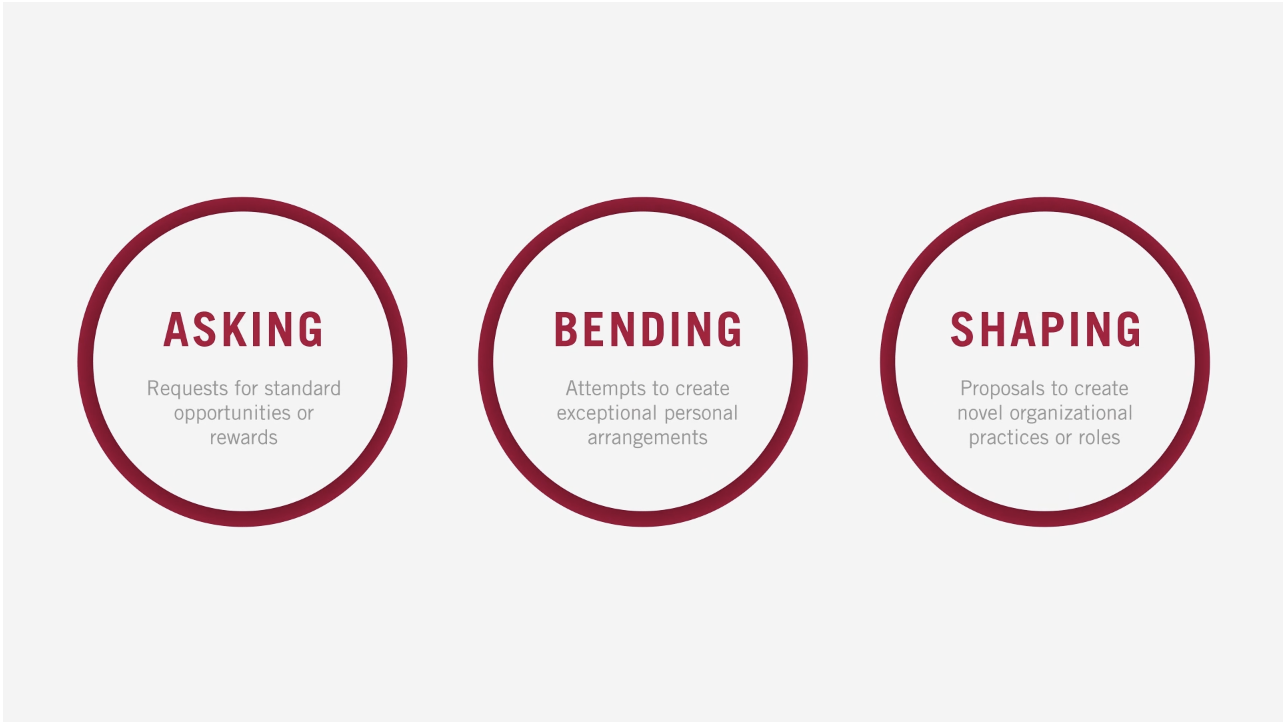The question of whether AI is going to take away one’s job a conversation a lot of smart people are having. I don’t have a lot to add, except to share how I think about this.
It seems to me that for some people, the answer is a pretty clear ‘yes,’ and for the rest of us, it’s a pretty clear ‘maybe’. If you’re a person where it’s a pretty clear ‘no,’ hooray for you!
If you’re in the “yes” or “maybe” camps, though, the question of whether change is coming your way isn’t the interesting question. What exactly the change might look like in the area where you’ve built your expertise is perhaps a better question. But I’ll leave you to better-qualified experts to appraise and assess and predict possible futures.
For most of us, the essential question is this: Given that the future is unpredictable, what should I do now?
Now we’re getting somewhere! This isn’t a new question at all. People have been making decisions with limited information in the face of uncertainty for all of human history. YOU have been doing that, for all of your life. And it’s ended up pretty well so far.
The frame I use when I get on a hamster wheel of powerlessness and uncertainty and anxious wondering is twofold.
First: I know I’m not smarter or clearer-headed when I’m anxious and overwhelmed and fearful. So if I notice that I am getting into that state, I think about how to get my nervous system back into a place where I have access to more of my intelligence and creativity. Sometimes I get up and stretch, or I look out the window for a minute, or I take a drink of water. Deep breath, walk around the block. Do I need a bite to eat? You know the tricks. None of us think better when we’re overwhelmed, so do what you can to regulate your nervous system and get access to your full brain, not your stressed brain.
Second: I ask myself what I know for sure. What has been true since hunter-gatherers lived in tribes? What will be true when humans are living under a bubble on Mars? I know people have always wanted problem-solvers, storytellers, and people who shared freely with the tribe. Intelligence and curiosity have always mattered, but so has warmth and connection. There will always be problems and a need to solve them, and lucky for me, I like to help others solve problems.
You might come up with different questions, or different answers than me. But remind yourself of the things you’re sure about. Who you are. What you like. The relationships you’ve built. What problems you love to solve.
Third: I return to this formula: Anxiety = uncertainty multiplied by powerlessness. I turn my attention to increasing the ratio of what I know to what I don’t know; and allocating my time toward things I control rather than things I don’t control. Read what’s happening in your industry. Play with the tools you see as most disruptive or promising. Talk to people you trust. Spend the time to understand what you offer and what you bring to the table, and make sure the people around you understand those things.
Seth Godin writes about disruption from AI as an acceleration of human innovation, not the end of all opportunity, and I think his approach is a wise one. We might be doomed; the pessimists could be right. But I think the folks best positioned to find the interesting problems on the other side of this disruption are those who have found calm, creativity, self-assurance, and optimism amidst the change.


